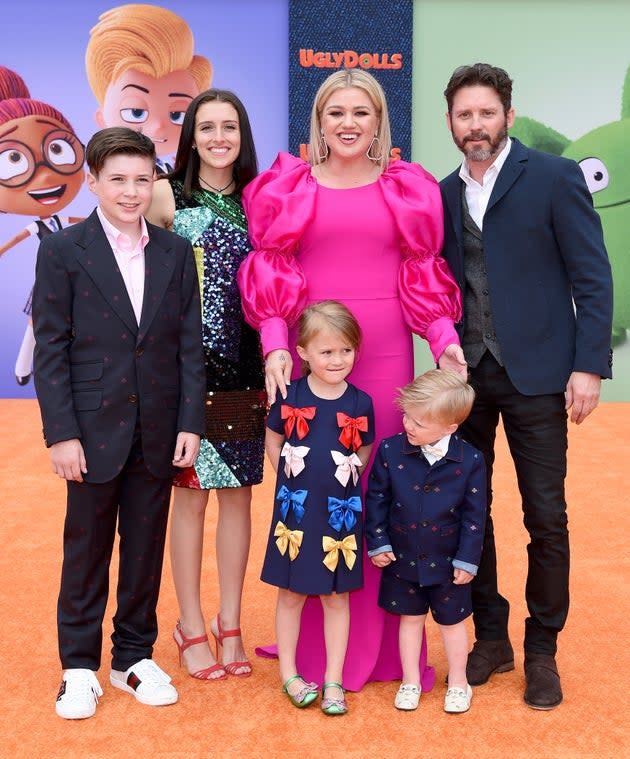
In an entertainment landscape often characterized by specialization, Lonnie Rashid Lynn, known professionally as Common, stands as a rare and inspiring example of a true multi-talented icon. He’s a celebrated American rapper, actor, and activist whose career has spanned decades, earning him an impressive array of accolades including three Grammy Awards, an Academy Award, a Primetime Emmy Award, and a Golden Globe Award. His journey from the vibrant underground hip-hop scene to widespread mainstream recognition is a testament to his relentless dedication and versatile artistry.
Common’s path has been anything but linear; it’s a rich tapestry woven with significant musical milestones, compelling acting performances, and profound personal growth. From his early days signing with independent label Relativity Records at the age of 20, through his vital collaborations with the Black music collective Soulquarians, to his strategic alliance with Kanye West’s GOOD Music, his career has consistently evolved. This continuous evolution has allowed him to connect with diverse audiences and explore various creative avenues.
This in-depth exploration will take a close look at the formative stages of Common’s illustrious career, uncovering the key moments and decisions that shaped his identity as an artist and a public figure. We’ll delve into his foundational influences, his early musical breakthroughs, and the pivotal periods that cemented his place in both hip-hop history and Hollywood. Get ready to discover the strategic moves and creative risks that laid the groundwork for his enduring legacy across music, film, and beyond.

1. **Early Life and Education**Lonnie Rashid Lynn was born on March 13, 1972, at the Chicago Osteopathic Hospital, nestled in Chicago’s vibrant Hyde Park neighborhood. His family background provided a rich foundation; he is the son of Mahalia Ann Hines, an esteemed educator and former principal of John Hope College Preparatory High School, and Lonnie Lynn, a former ABA basketball player who later became a youth counselor. Notably, he shares his first name with his father, grandfather, great-grandfather, and great-great-grandfather, a strong lineage that has clearly influenced his sense of identity and legacy.
Despite sharing his father’s first name, Lynn is known by his middle name, Rashid, among his family and friends, hinting at the personal connections that shape his world away from the public eye. His godfather is the legendary basketball player Spencer Haywood, who was a teammate of his father on the Denver Rockets, further illustrating the deep-rooted connections to sports and community that surrounded him from an early age.
Lynn was raised in the Calumet Heights neighborhood of Chicago. While his parents divorced when he was six years old, leading his father to move to Denver, Colorado, his father remained an active and positive influence in his life. This enduring connection proved beneficial, as his father was instrumental in getting him a job with the Chicago Bulls during his teenage years, providing an early taste of working in a high-profile environment. This period undoubtedly offered unique experiences that contributed to his broader worldview.
He furthered his education at Florida A&M University (FAMU), where he attended for two years under a scholarship. He pursued a major in business administration within the School of Business and Industry. This academic background in business administration likely provided him with a practical understanding of the industry, which would prove invaluable as he navigated the complexities of the music and entertainment world later in his career, informing his strategic decisions and entrepreneurial spirit.
Read more about: From Underground Rapper to Oscar Winner: 12 Mind-Blowing Facts You Didn’t Know About Common’s Incredible Journey!
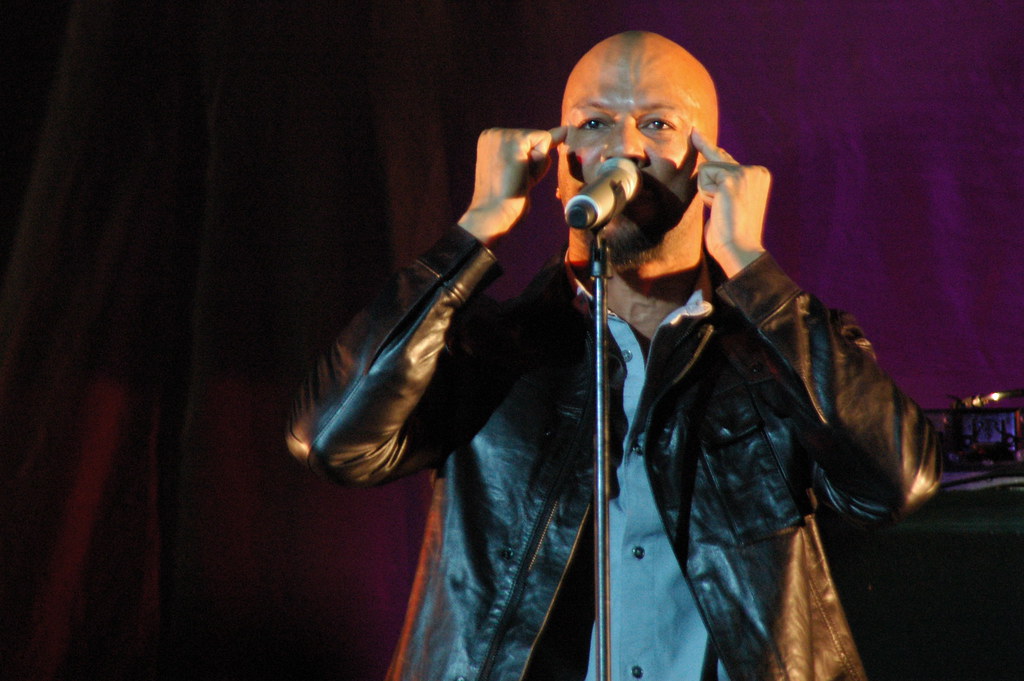
2. **Career Beginnings & Rise to Acclaim (1987-1996)**Common’s musical journey commenced in the late 1980s, during his time as a student at Luther High School South in Chicago. It was there that he, along with two friends, formed the rap trio C.D.R. This early venture saw them opening for prominent acts such as N.W.A and Big Daddy Kane, providing invaluable exposure and experience on the burgeoning hip-hop scene. By 1991, C.D.R. had dissolved, prompting Lynn to embark on a solo career under the stage name Common Sense.
His solo debut came in 1992 with the single “Take It EZ,” which was quickly followed by his first album, “Can I Borrow a Dollar?” This initial release set the stage for what was to come, but it was with the 1994 album “Resurrection” that Common Sense truly began to garner significant critical acclaim. The album’s reach extended far beyond the Chicago music scene, earning a strong positive reaction among alternative and underground hip hop fans and selling relatively well, signaling a rising star.
“Resurrection” held particular significance as it marked Common Sense’s final album produced almost entirely by his long-time production partner, No I.D. No I.D. would later go on to become a mentor to a young Kanye West, highlighting the influential connections being forged in Common’s early career. This album’s success further solidified his reputation as a thoughtful and skilled lyricist, setting him apart in an era often dominated by different hip-hop styles.
In 1996, Common Sense made an impactful appearance on the Red Hot Organization’s compilation CD, “America Is Dying Slowly (A.I.D.S.).” This project featured numerous prominent hip-hop artists, including Biz Markie, Wu-Tang Clan, and Fat Joe, and was intended to raise awareness of the HIV/AIDS epidemic among African American men. The Source magazine heralded the CD as “a masterpiece,” underscoring Common’s commitment to using his platform for social good, a theme that would recur throughout his career.
The album “Resurrection” also featured the song “I Used to Love H.E.R.,” which, through its metaphor of a woman representing hip hop, criticized the direction the genre was taking. This track unexpectedly ignited a feud with West Coast rap group Westside Connection, who interpreted the lyrics as an attack on West Coast gangsta rap. The dispute escalated with diss tracks, but was eventually resolved through a meeting with Louis Farrakhan, demonstrating the power of dialogue. Following the popularity of “Resurrection,” Common Sense faced a lawsuit from an Orange County-based reggae band with the same name, which led him to shorten his moniker to simply Common, a name that would become synonymous with hip-hop excellence and versatility.
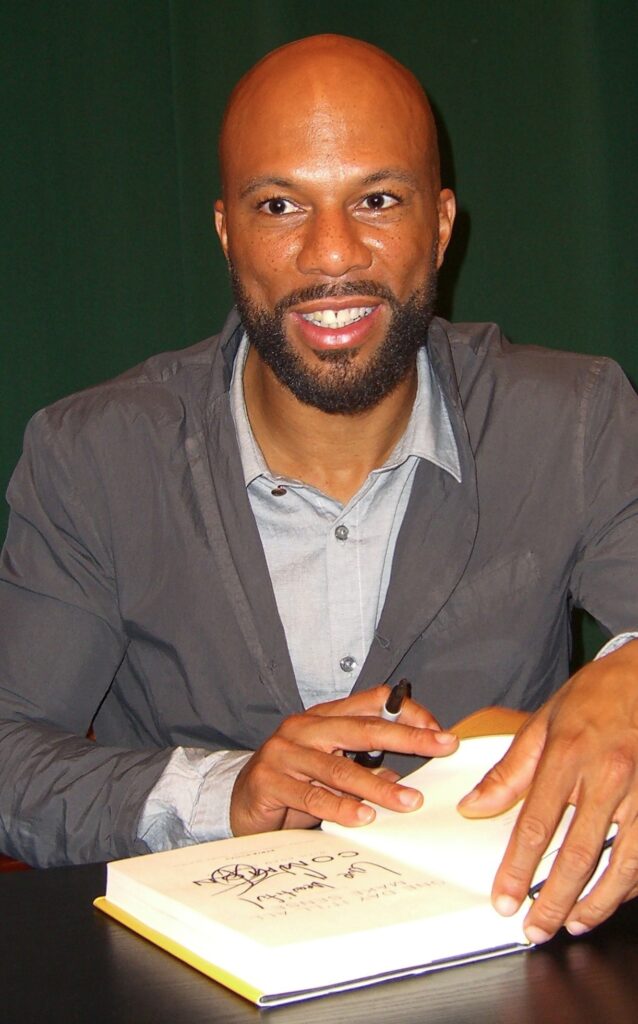
3. **One Day It’ll All Make Sense & Fatherhood (1996-1999)**Originally slated for an October 1996 release, Common’s third album, “One Day It’ll All Make Sense,” finally hit shelves in September 1997. The creation of this album was a meticulous process, taking a total of two years to complete. This extended production period allowed for a rich tapestry of collaborations, featuring renowned artists such as Lauryn Hill, De La Soul, Q-Tip, Canibus, Black Thought, Chantay Savage, and Questlove, who would later become a fellow member of the influential Soulquarians collective.
The album was a conscious artistic statement, pointedly eschewing any themes of gangsterism, a response to questions about his musical integrity at the time. This deliberate artistic choice, combined with the album’s thoughtful lyrical content and diverse sound, earned it significant critical acclaim. This widespread praise ultimately paved the way for Common to secure a major label contract with MCA Records, marking a pivotal moment in his career and significantly expanding his reach within the music industry.
Beyond his professional achievements, this period was profoundly transformative on a personal level for Common. Shortly after the album’s release, his first child, a daughter named Omoye Assata Lynn, was born. This momentous event had a deep spiritual and mental effect on him, profoundly influencing his perspective and artistic output. As hip-hop journalist Raquel Cepeda documented in the album’s liner notes, this experience enabled him to grow musically while simultaneously becoming more responsible as an artist, imbuing his work with a newfound depth and maturity.
The profound impact of fatherhood is particularly evident in the composition of “Retrospect for Life,” a standout track on the album. Produced by James Poyser and No I.D. and featuring Lauryn Hill, who was due on the same day as Rashid’s girlfriend, the song offers a male perspective on abortion. Common himself reflected on the track during a mastering session, stating, “when I listen to the song now, I think about how precious her (Omoye’s) life is,” highlighting the personal gravity and emotional resonance behind his artistry. This album, adorned with old family photos and a quote from 1 Corinthians 13:11, encapsulates his journey towards manhood and his evolving understanding of family ethics.
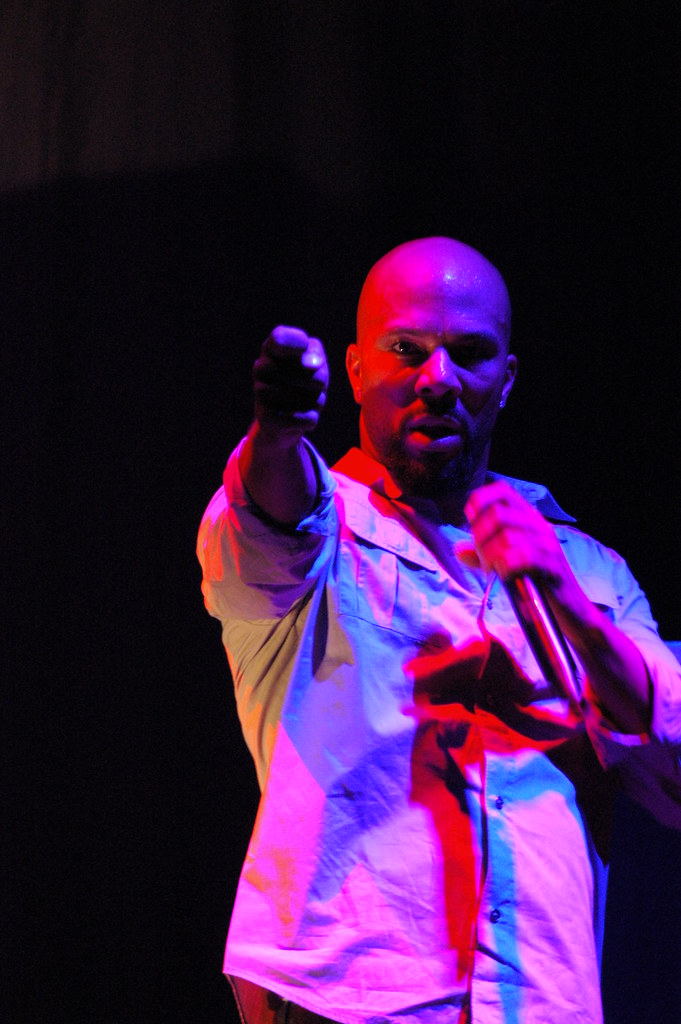
4. **The Soulquarians Era (1999-2003)**Following the critical success of “One Day It’ll All Make Sense,” Common made a significant career move by signing a major label record deal with MCA Records. This professional advancement coincided with a geographical shift, as he relocated from his native Chicago to the bustling metropolis of New York City in 1999. This relocation placed him at the heart of a vibrant musical scene, where he began recording almost exclusively with a loose, yet highly influential, collective of musicians and artists.
This group, famously dubbed the “Soulquarians” by its central figure, Questlove, became a creative incubator for Common. During 1999, he made several sporadic but impactful guest appearances, contributing to significant projects such as The Roots’ album “Things Fall Apart” and the Rawkus Records compilation “Soundbombing 2.” These collaborations not only showcased his evolving style but also cemented his place within a respected circle of innovative artists, signaling a new, experimental phase in his career.
In 2000, his fourth album, “Like Water for Chocolate,” was released to mass critical acclaim. Executive produced by Questlove and featuring significant contributions by the legendary J Dilla, who helmed nearly every track, the album proved to be a considerable commercial breakthrough for Common. It earned the rapper his first gold record, a significant milestone, and greatly expanded his fanbase among both critics and listeners, solidifying his reputation as a mainstream force while maintaining his artistic integrity.
Common and J Dilla, both hailing from the Great Lakes region of the United States—Chicago and Detroit, respectively—established an immediate and profound chemistry. Their collaboration extended beyond individual tracks; both became integral members of the Soulquarians collective, and their joint efforts were evident across numerous projects. A testament to their synergy, the song “Thelonius” appeared on both the Slum Village album “Fantastic, Vol. 2” and Common’s “Like Water for Chocolate,” showcasing their collaborative depth. Their bond was so strong that as Dilla’s health declined, he relocated to Los Angeles and asked Common to move with him as a roommate, highlighting a deep personal connection.
“Like Water for Chocolate” saw Common exploring rich and often uncommon themes for a hip-hop record, both musically and lyrically. This was powerfully exemplified by the song “Time Travelin’ (A Tribute To Fela),” a heartfelt homage to Nigerian music legend and political activist Fela Kuti, demonstrating Common’s expansive musical and intellectual interests. The album’s most popular single, “The Light,” garnered a Grammy Award nomination, further underscoring the project’s widespread appeal and critical recognition, marking a high point in this era.
In 2002, Common released his fifth album, “Electric Circus.” This album arrived with high anticipation and was lauded by many critics for its ambitious vision and willingness to push boundaries. However, despite its critical praise, it did not achieve the same commercial success as its predecessor, “Like Water for Chocolate,” selling under 300,000 copies. “Electric Circus” was an eclectic project, notable for its fusions of various genres including hip hop, pop, rock, electronic, and neo-soul, marking a significant departure from his previous sound.
The album’s experimental nature proved to be a divisive factor among critics; some praised its bold, ambitious vision, while others criticized it for precisely the same reason, feeling that Common had strayed too far from his established sound. This artistic risk-taking marked Common’s second and final album for MCA Records, and it was also the label’s last release before its absorption into Geffen Records, signifying the end of an era for both the artist and the label. During this period, Common also appeared as a guest performer on fellow Soulquarian Bilal’s “Love for Sale” album, recording a remake of Fela Kuti’s 1977 song “Sorrow, Tears & Blood,” further highlighting the collaborative spirit of the Soulquarians.
Read more about: The Common Sense Guide to Building a Versatile Career: Lessons from a Hip-Hop Icon
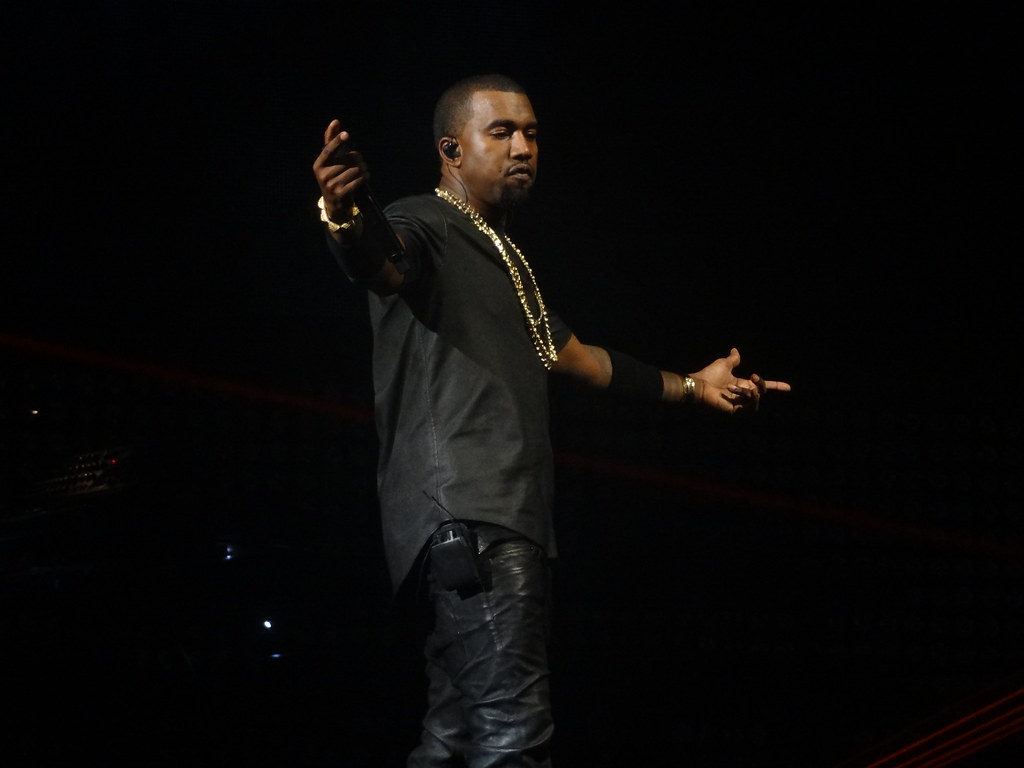
5. **GOOD Music & Mainstream Success (2004-2011)**In early 2004, a significant new chapter opened for Common as he made an appearance on fellow Chicagoan Kanye West’s multi-platinum debut album, “The College Dropout,” contributing to the song “Get Em High.” This collaboration proved to be more than just a feature; it heralded Common’s signing to West’s then-newfound record label, GOOD Music. Kanye West had long been an ardent fan of Common’s work, a mutual respect that even led to a friendly on-air MC battle where West playfully jabbed at his lyrical idol for “going soft” and wearing crochet pants, highlighting their dynamic and appreciative relationship.
The partnership quickly bore fruit, with West almost entirely producing Common’s next album, “Be,” released in May 2005. This highly anticipated project also featured contributions from Common’s long-time collaborator, James Yancey (J Dilla), who was also a favorite of West. The album performed exceptionally well, its success boosted significantly by Kanye’s heavy involvement and the strength of its singles, “The Corner” and “Go.” “Be” earned Common his second gold record, with sales topping out at around 800,000 copies, signaling a triumphant return to form and broader commercial appeal.
The critical reception for “Be” was overwhelmingly positive. The Source magazine awarded it a near-perfect 4.5 mic rating, while XXL magazine bestowed its highest rating of “XXL,” and AllHipHop gave the album a solid 4 stars. The album’s widespread acclaim translated into significant recognition within the industry, earning four Grammy Award nominations in 2006, further cementing Common’s status as a formidable and respected artist in the hip-hop community. This era showcased his ability to blend his thoughtful lyricism with more accessible production, appealing to an even wider audience.
Following the release of “Be” in 2005, a minor controversy emerged concerning Common’s comments about interracial relationships on the song “Real People.” Several mixed-race artists from the UK hip-hop scene, including Yungun, Doc Brown, and Rising Son, recorded a response track titled “Dear Common (The Corner Dub).” Common acknowledged awareness of the track but stated he never listened to it and did not retaliate in song, opting to move past the issue.
Common’s seventh LP, titled “Finding Forever,” was released on July 31, 2007. For this album, he continued his successful collaboration with Kanye West, who contributed to the production, alongside other talented producers such as Will.i.am, Devo Springsteen, Derrick Hodge, and Karriem Riggins. The album also featured the only J Dilla-produced track, “So Far To Go,” serving as a poignant tribute to his late friend. Guest artists included Dwele, Bilal, D’Angelo, and UK pop starlet Lily Allen, showcasing a diverse range of collaborators.
“Finding Forever” debuted impressively at No. 1 on the national Billboard 200 charts, a significant achievement that underscored his continued mainstream appeal and commercial power. While Kanye West had boldly predicted the album would win the 2008 Grammy Award for Best Rap Album, it ultimately lost to West’s own “Graduation.” Nevertheless, Common did secure his second Grammy for “Southside,” a collaboration with Kanye West, which won Best Rap Performance by Duo or Group. During a free concert in Santa Monica, California, to promote the album, Common explained that the title “Finding Forever” represented his personal quest to find an eternal place in hip-hop and his aspiration to remain an artist for the rest of his life, a sentiment that resonated deeply with his dedicated fanbase.
In August 2007, rapper Q-Tip of A Tribe Called Quest revealed that he and Common were forming a group called ‘The Standard’ and planning to record an album produced by Q-Tip, though this exciting prospect never materialized. Common also played a crucial role in bridging the trans-Atlantic gap by signing UK artists Mr. Wong and J2K to Kanye West’s Getting Out Our Dreams recording outfit, aiming to unite UK and US hip-hop genres. By 2008, Common’s estimated earnings reached $12 million, tying him with Eminem and Akon as the 13th highest-grossing Hip-Hop artist, a testament to his growing financial success and influence.
His eighth album, “Universal Mind Control,” originally slated for release as “Invincible Summer” on June 24, 2008, experienced several pushbacks due to his filming commitments for “Wanted,” eventually landing on December 9, 2008. The album’s eponymous lead single, “Universal Mind Control,” featuring and produced by Pharrell, was released on July 1, 2008. This album marked a critical decline and served as his final release with GOOD Music, closing a significant chapter in his recording career. In late 2009, Common received two Grammy nominations for the 52nd Annual Grammy Awards, including Best Rap Performance by a Duo or Group for “Make Her Say” with Kid Cudi and Kanye West, and Best Rap Album for “Universal Mind Control,” demonstrating that even amidst critical shifts, his work continued to be recognized.
Read more about: The Common Sense Guide to Building a Versatile Career: Lessons from a Hip-Hop Icon

6. **Acting Career – Early Roles & Breakout (2003-2010)**Common’s impressive foray into the world of acting began in 2003, showcasing his versatility beyond the music studio. He appeared on the American UPN sitcom “Girlfriends” in the episode “Take This Poem and Call Me in the Morning,” where he played Omar, a captivating slam poet. He also had a cameo appearance on an episode of UPN’s “One on One,” portraying a drama class instructor named Darius, and even made an appearance on the popular ABC show “Scrubs,” subtly building his resume in television before transitioning to the big screen.
His significant big-screen debut arrived in 2007 with the crime film “Smokin’ Aces,” where he played the villainous Mob enforcer Sir Ivy, alongside Ryan Reynolds, Jeremy Piven, and Alicia Keys. That same year, he shared the screen with cinematic heavyweights Denzel Washington, Russell Crowe, The RZA, and T.I. in the critically acclaimed crime thriller “American Gangster,” solidifying his presence in major Hollywood productions. A week before “Smokin’ Aces” opened, he even appeared in a “Saturday Night Live” sketch as himself, hosted by his “Aces” co-star Piven, demonstrating his growing mainstream recognition.
2008 proved to be a particularly busy year for Common’s acting career. He secured a supporting role in the film adaptation of the comic book “Wanted,” starring alongside Hollywood icons Morgan Freeman and Angelina Jolie, further elevating his profile. Additionally, he appeared in the film “Street Kings,” sharing the screen with Keanu Reeves, Hugh Laurie, The Game, and Forest Whitaker, showcasing his ability to hold his own amongst a star-studded cast across various genres. These roles were instrumental in establishing him as a credible and sought-after actor.
His trajectory continued upward, as he was cast as John Stewart/Green Lantern in the unproduced film “Justice League: Mortal” in 2009, indicating the industry’s recognition of his potential for leading roles. That same year, he played Barnes, John Connor’s lieutenant, in the blockbuster “Terminator Salvation.” He also brought his talent to the comedic realm, starring as a corrupt cop in the 2010 comedy “Date Night” alongside Steve Carell and Tina Fey, showcasing his impressive range across genres.
Common also took on a more romantic lead role in the 2010 movie “Just Wright,” where he starred as a basketball player who falls in love with his physical therapist, played by Queen Latifah. This role allowed him to demonstrate a different facet of his acting ability, proving he could handle romantic leads just as effectively as action or dramatic parts. By 2011, he appeared as Chino, a deployed soldier and the husband of Halle Berry’s character, Nurse Aimee, in “New Year’s Eve,” further diversifying his acting portfolio and marking a solid decade of consistent presence in film and television.

7. **Film Production**Demonstrating a keen business acumen and a desire to influence storytelling from behind the scenes, Common embarked on a significant venture into film production. On October 27, 2015, he solidified his commitment to this aspect of the entertainment industry by signing a two-year deal with HBO. This pivotal agreement paved the way for him to establish his own film production company, which he named Freedom Road Productions.
This move was not a spontaneous decision but the culmination of a long-held career ambition. Common had openly expressed his aspirations to start his own film production company in an interview back in February 2012. The HBO deal provided the platform and resources needed to bring this goal to fruition, allowing him to transition from solely being a performer to also becoming a creative force in content creation, overseeing projects from conception to completion.
Beyond his work with HBO, Common expanded his production efforts to collaborate with other major entities. In 2016, he worked with Amazon Studios and American Girl, serving as an executive producer for the direct-to-video feature “An American Girl Story – Melody 1963: Love Has to Win.” This project highlighted his dedication to diverse storytelling and his commitment to producing content that resonates with different audiences, further showcasing his evolving role in the entertainment industry.
Through Freedom Road Productions, Common has been able to shape narratives and contribute to projects from a comprehensive, behind-the-scenes perspective. This strategic expansion cemented his role not just as a revered artist on screen and on stage, but also as a burgeoning creative entrepreneur and influential content creator, actively contributing to the development and production of meaningful and impactful stories across various platforms. This initiative underscores his vision for a broader influence within Hollywood.
Read more about: From Underground Rapper to Oscar Winner: 12 Mind-Blowing Facts You Didn’t Know About Common’s Incredible Journey!
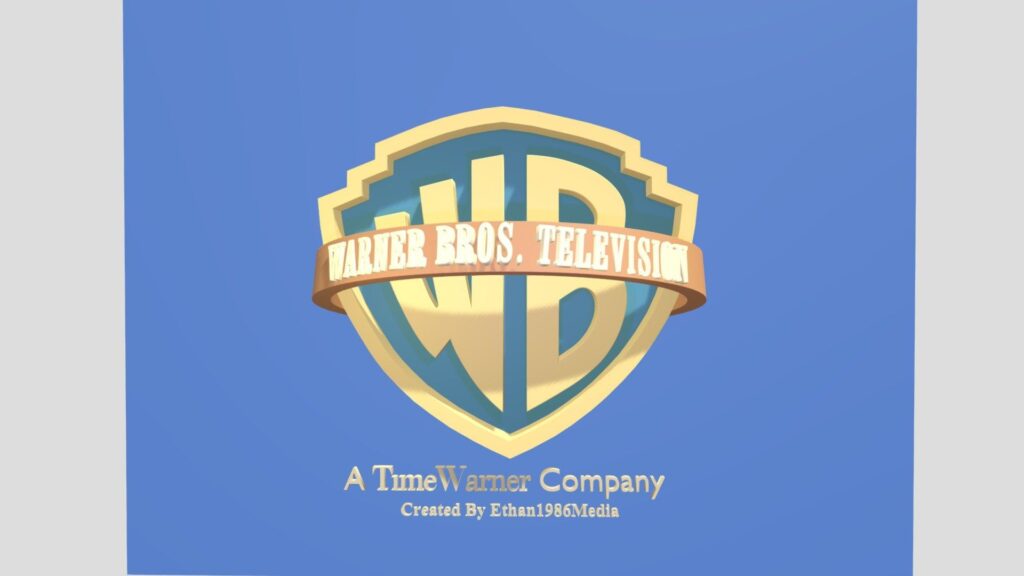
8. **Independent Label Ventures & Later Albums (2011-Present)**Following a successful but ultimately concluding chapter with GOOD Music, Common strategically shifted towards greater artistic autonomy. In 2011, he established his own label imprint, Think Common Entertainment, marking a significant step in his evolving career. This new venture entered a joint agreement with Warner Bros. Records, laying the groundwork for his ninth studio album, ‘The Dreamer/The Believer.’ This period showcased his commitment to maintaining creative control while expanding his musical output.
His album, ‘The Dreamer, The Believer,’ released on December 20, 2011, demonstrated his continued lyrical prowess. This album also became notable for an unexpected turn of events: a lyrical exchange with Canadian recording artist Drake. A song titled ‘Sweet,’ from ‘The Dreamer/The Believer,’ contained lyrics perceived by Drake as critical, leading to a response track from Drake. Common, however, quickly defused the situation, emphasizing the exchange as part of the art of hip-hop and confirming the resolution of the matter, allowing both artists to move forward.
After a relatively quiet 2012, Common’s career trajectory continued to evolve. In 2014, he signed a recording contract with Def Jam Recordings, partnering with No I.D.’s ARTium Records imprint. This alliance led to his tenth solo studio album, ‘Nobody’s Smiling,’ a project deeply inspired by the pervasive violence in his hometown of Chicago. Common articulated the album’s concept as a ‘call to action,’ aiming to shed light on the conditions in Chicago and similar communities globally.
His musical journey continued with ‘Black America Again’ in 2016, released under Def Jam Recordings. This album garnered widespread critical acclaim and featured contributions from notable artists like Stevie Wonder and Bilal, with primary production handled by Karriem Riggins. Demonstrating his genre-bending artistry, Common also co-formed the jazz group August Greene in 2018 with Karriem Riggins and Robert Glasper, releasing a collaborative album through Amazon Music.
Further solidifying his prolific output, Common released his twelfth solo album, ‘Let Love,’ in 2019, followed by the socially conscious ‘A Beautiful Revolution Pt. 1’ (2020) and ‘A Beautiful Revolution Pt. 2’ (2021), both largely produced by Karriem Riggins. His influence remains strong, evidenced by his feature in Men’s Health’s Hip-Hop 50th Anniversary edition in 2023. Looking ahead, 2024 saw the announcement of ‘The Auditorium Vol. 1,’ a collaborative album with Pete Rock, which has already received a Grammy nomination for Rap Album of the Year, showcasing his enduring impact on hip-hop.

9. **Expanded Acting Portfolio & Critical Acclaim (2011-Present)**Common’s acting career, which began with early cameos, truly blossomed into a significant and critically recognized facet of his multi-talented persona. Following his role as Chino in 2011’s ‘New Year’s Eve,’ he took on a prominent role as Elam Ferguson in the AMC western series ‘Hell on Wheels,’ from 2011 to 2014. This portrayal of a recently freed slave navigating a complex world allowed him to delve into deeper, more nuanced character work on television.
His commitment to impactful storytelling extended to the big screen. In 2013, he appeared as Agent Evans in ‘Now You See Me,’ further establishing his presence in ensemble casts. A pivotal moment in his acting career arrived with the 2014 film ‘Selma,’ where he co-starred as civil rights leader James Bevel. His performance, coupled with his co-authorship of the Academy Award-winning song ‘Glory’ for the film, brought him widespread critical acclaim and a significant Oscar victory.
Common continued to diversify his roles, showcasing an impressive range across genres. He took on the part of a hitman in ‘Run All Night’ (2015) and appeared as a gangster in the 2016 film ‘Suicide Squad.’ His reunion with Keanu Reeves in ‘John Wick: Chapter 2’ (2017), where he played the professional hitman/bodyguard Cassian, further solidified his capacity for dynamic action roles, earning him praise for his intense and disciplined performance.
Beyond action and drama, Common also explored comedic and voice acting avenues. He co-starred in ‘Barbershop: The Next Cut’ in 2016, demonstrating his comedic timing. In 2017, he lent his voice to Kiburi the crocodile in Disney Junior’s ‘The Lion Guard.’ His role opposite Mary Elizabeth Winstead in Eva Vives’s ‘All About Nina’ (2018) was particularly lauded, with critics like Variety’s Peter Debruge calling his performance ‘easily the strongest of the half-dozen supporting roles he’s had this year,’ highlighting his growing depth as an actor.
More recently, Common continued to choose meaningful projects, starring as Uncle Carlos in the 2018 film adaptation of ‘The Hate U Give,’ addressing poignant social themes. In 2023, he joined the cast of the Apple TV+ science fiction series ‘Silo’ in a supporting role. His versatility reached a new peak with his Broadway debut in ‘Between Riverside and Crazy’ in the winter of 2022/2023, performing in a Pulitzer Prize-winning play and further expanding his artistic footprint into live theater.

10. **Literary Contributions: Memoirs and Poetry**Common’s artistic expression extends beyond the realms of music and film, firmly establishing him as a compelling voice in the literary world. His profound respect for the written word and its power was publicly acknowledged when First Lady Michelle Obama invited him to a poetry reading at the White House on May 11, 2011. This event showcased his deep connection to poetry, with his work notably influenced by the revered Maya Angelou.
However, this White House invitation also sparked a public debate, particularly from the New Jersey State Police and their union. They cited specific lyrical content from Common’s past, including ‘A Song For Assata’ and a reference to Mumia Abu-Jamal, questioning the appropriateness of his presence. Jay Carney, the White House Press Secretary at the time, clarified President Obama’s stance, supporting Common more broadly while acknowledging opposition to those particular lyrics. Common himself addressed the controversy, playfully noting, ‘I guess Sarah Palin and Fox News doesn’t like me,’ while also affirming his unwavering support for police officers and troops.
In September 2011, Common transitioned into a new role as an author with the publication of his memoir, ‘One Day It’ll All Make Sense,’ released through Atria Books. This deeply personal work offered readers an intimate look into his life, with a particular focus on how his close relationship with his mother shaped his journey. Uniquely, the memoir was partially narrated by his mother, Dr. Mahalia Ann Hines, adding an authentic and heartfelt dimension to his storytelling.
His commitment to sharing his personal narrative continued with the release of his second memoir, ‘Let Love Have The Last Word,’ in May 2019. This follow-up explored even more intimate aspects of his life, delving into his relationship with his daughter Omoye, reflections on romantic relationships, insights into his parents, and his personal struggle to define and cement his perspective on the expansive concept of love. Through these literary works, Common offers a profound and reflective insight into his personal growth and evolving worldview.

11. **Brand Partnerships and Fashion Ventures**Common’s influence isn’t limited to creative endeavors; he has also built a significant presence in the commercial sphere through various brand partnerships and entrepreneurial ventures in fashion. In 2006, he stepped into the world of modeling, gracing promotional materials for The Gap’s fall season collection and participating in their ‘Holiday in Your Hood’ themed ‘Peace Love Gap’ campaign, showcasing his versatile appeal to mainstream brands.
Building on this visibility, Common signed a deal with New Era in February 2007 to promote their new line of Layers fitted caps, further cementing his status as a style icon within and beyond the hip-hop community. His appeal extended to luxury automotive, as he appeared in a television commercial for the 2008 Lincoln Navigator, aligning his sophisticated image with premium products.
His reach also spanned technology and gaming, demonstrating a keen understanding of diverse platforms. Common was featured in NBA 2K8 within the NBA Blacktop mode, engaging with the gaming audience. In the fall of 2008, he prominently appeared in an advertisement for Microsoft’s Zune, where he creatively compared his new song, ‘Universal Mind Control,’ to ‘Planet Rock’ by hip-hop pioneer Afrika Bambaataa, bridging generations of music.
Further diversifying his commercial portfolio, Common was chosen for the Diesel campaign, promoting their distinctive new fragrance called ‘Only The Brave.’ His music also found its way into advertising, with his song ‘Be (intro)’ being featured in a commercial for BlackBerry in January 2011. These partnerships underscored his broad marketability and ability to connect with various consumer bases.
Beyond endorsements, Common ventured into design. In December 2008, he launched a new clothing line called ‘Softwear,’ in partnership with Microsoft. This unique line drew inspiration from 1980s computing, offering a blend of nostalgia and contemporary style, and showcasing his entrepreneurial spirit and ability to innovate within the fashion industry.
Read more about: Financial Scrutiny: High Stakes and Hard Lessons from 14 Music Icons’ Ventures into the Volatile World of NFTs and Crypto
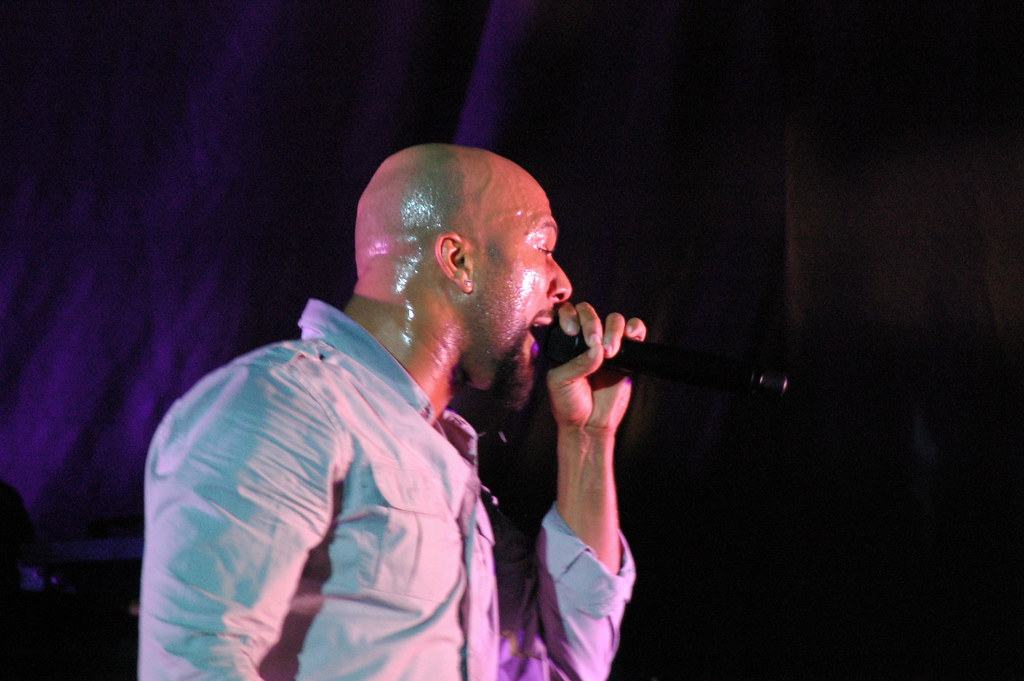
12. **Social Advocacy: Animal Rights, HIV/AIDS, and Political Engagement**Common’s influence as an activist extends across a broad spectrum of social issues, demonstrating a profound commitment to using his platform for positive change. As a dedicated vegan, he is a vocal proponent of animal rights and a staunch supporter of PETA. His advocacy includes appearing in a compelling print advertisement for PETA titled ‘Think Before You Eat’ and promoting vegetarianism in the documentary ‘Holistic Wellness for the Hip-Hop Generation,’ actively encouraging a more compassionate lifestyle.
His humanitarian efforts also encompass public health awareness. Common is an integral part of the ‘Knowing Is Beautiful’ movement, an initiative focused on supporting HIV/AIDS awareness. Furthermore, he has made a conscious effort to evolve his artistic message, publicly pledging to cease the use of anti-gay lyrics in his music, reflecting his commitment to inclusivity and respect within his creative output.
Common’s political engagement has been a consistent aspect of his public life. He famously featured in the viral video for ‘Yes We Can,’ a powerful song created in support of Barack Obama’s presidential candidacy in 2008, symbolizing his early and impactful foray into political endorsements and civic participation.
His dedication to justice and equality continued through his involvement in critical social movements. Common appeared in the award-winning documentary short film ‘#Bars4Justice,’ which was notably shot in Ferguson, Missouri, amplifying the voices and struggles of communities impacted by systemic injustice. He also joined forces with Andra Day for the opening musical performance at the March for Our Lives anti-gun violence rally in Washington, D.C., on March 24, 2018, underscoring his support for safer communities.
Further demonstrating his profound respect for civil rights history and ongoing struggles, Common performed at the 50th anniversary of Martin Luther King’s death in Memphis, at an event co-hosted by the labor union UNITE HERE. More recently, his political support has continued, as he actively supported the Kamala Harris 2024 presidential campaign and delivered a performance at the 2024 Democratic National Convention, solidifying his role as an influential voice in contemporary political discourse.
Read more about: The Common Sense Guide to Building a Versatile Career: Lessons from a Hip-Hop Icon
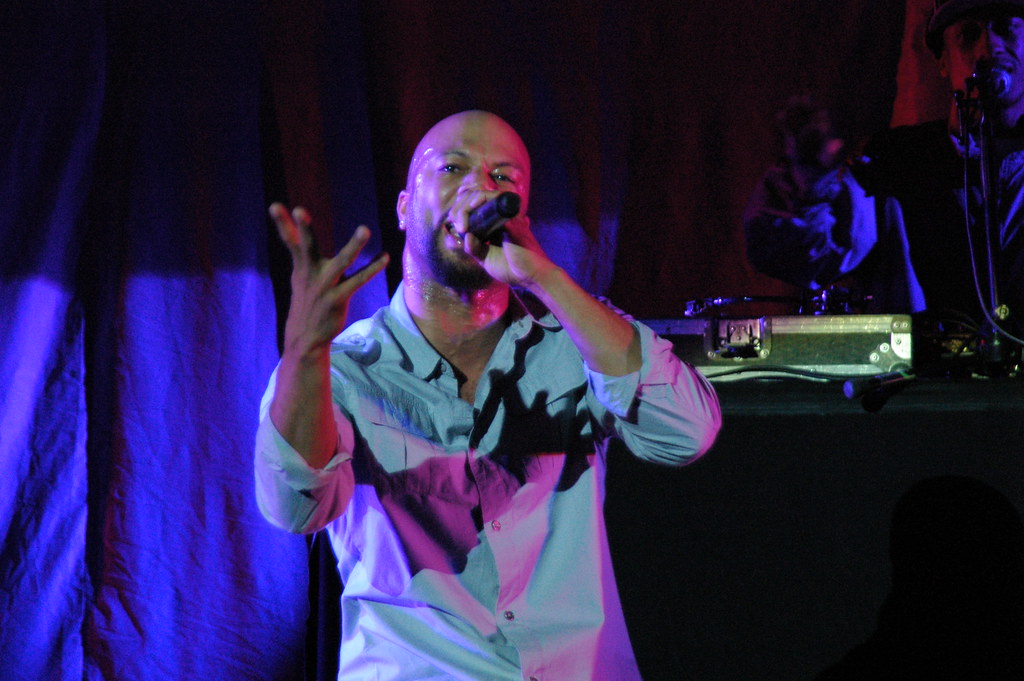
13. **Personal Life and Enduring Legacy**While Common is celebrated globally for his professional achievements, his personal life provides a grounding insight into the man behind the artistry, reflecting the values and influences that shape his public persona. He is a devoted father to his daughter, Omoye, from his relationship with ex-fiancé Kim Jones. A particularly proud moment in his life was Omoye’s graduation from Howard Law School in 2022, a testament to her dedication and his role as a supportive parent.
Common’s romantic life has also been a subject of public interest. He was in a relationship with comedian and actress Tiffany Haddish from mid-2020 to November 2021. More recently, in 2022, he met and subsequently began dating acclaimed singer and actress Jennifer Hudson while working on the film ‘Breathe,’ showcasing how his professional and personal worlds often intersect.
His personal choices frequently align with his public advocacy; Common is a committed vegan, a lifestyle choice that deeply resonates with his support for animal rights. Away from the spotlight, he remains a lifelong and passionate fan of Chicago’s prominent sports teams, the Chicago Bulls and Chicago Bears, offering a relatable glimpse into his local pride and enduring connections to his hometown roots.
Spirituality also plays a central role in his life; Common is a Christian, attending Trinity United Church of Christ in Chicago, which informs many of his values and actions. His enduring impact and contributions were formally recognized in May 2019 when Florida Agricultural and Mechanical University (FAMU), his alma mater, awarded him an honorary DFA degree after he served as their spring commencement speaker, an acknowledgment of his significant achievements.
Read more about: Beyond the Blink: Unpacking the Mind-Blowing Life Cycles and Secrets of Stars, From Birth to Cosmic Demise
Common’s journey is a powerful narrative of constant evolution, artistic integrity, and profound social consciousness. From his humble Chicago beginnings to his current status as an Academy Award-winning artist and dedicated humanitarian, he has consistently pushed boundaries across music, film, and literature. His ability to adapt, inspire, and contribute meaningfully to society ensures his legacy will continue to resonate, truly embodying the spirit of a multi-faceted icon for generations to come.

